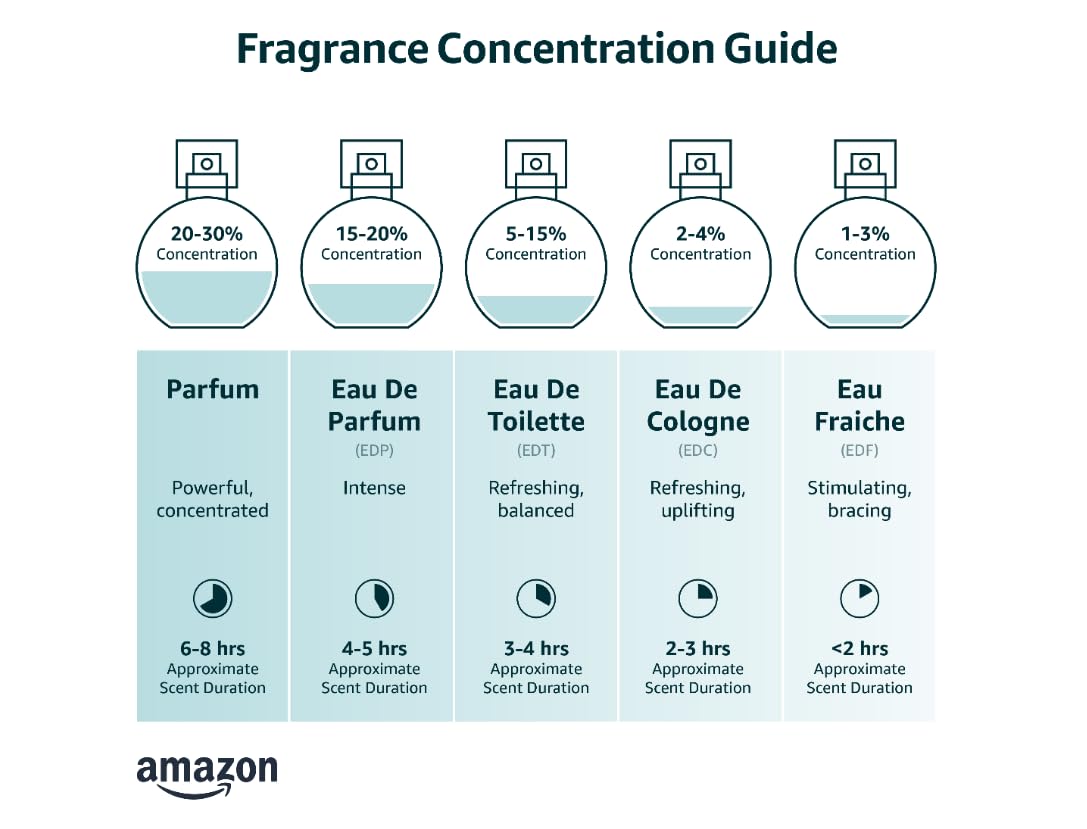- No products in the cart.
[[listData.title]]
dsfasdfsadf
This store has earned the following certifications.
- Certified Secure Certified
- 100% Issue-Free Certified
- Verified Business Certified
- Data Protection Certified
Valentino Donna Born In Roma MINI Eau De Parfum Women Perfume
The rapid advancement of technology has revolutionized the way we live our lives. From the invention of the smartphone to the development of artificial intelligence, the digital age has transformed how we communicate, work, and even entertain ourselves. One of the most significant technological breakthroughs in recent years has been the rise of cloud computing.
Cloud computing refers to the delivery of computing services, including storage, processing power, and software, over the internet. Instead of relying on local hardware and infrastructure, users can access these resources on-demand, paying only for what they use. This model has several advantages, such as increased scalability, flexibility, and cost-effectiveness.
One of the primary benefits of cloud computing is its scalability. Businesses and individuals can easily adjust their computing resources to meet changing demands, without the need to invest in costly hardware upgrades. This is particularly useful for startups and small-to-medium enterprises, which often face fluctuating workloads and limited IT budgets.
Another advantage of cloud computing is its flexibility. Users can access their data and applications from anywhere, as long as they have an internet connection. This allows for greater mobility and remote work capabilities, which have become increasingly important in the age of the COVID-19 pandemic.
Furthermore, cloud computing can be more cost-effective than traditional on-premises IT infrastructure. By outsourcing the maintenance and management of computing resources to cloud service providers, businesses and individuals can avoid the capital expenditures associated with purchasing and maintaining their own hardware and software. This can lead to significant cost savings, especially for smaller organizations.
Despite the many benefits of cloud computing, there are also some concerns and challenges that must be addressed. One of the primary concerns is data security and privacy. When data is stored in the cloud, it is crucial to ensure that it is properly protected from unauthorized access, theft, and data breaches. Cloud service providers must implement robust security measures to address these concerns and build trust with their clients.
Another challenge is the potential for vendor lock-in. As users become more dependent on a particular cloud service provider, it can be difficult to migrate to a different platform, which can limit their flexibility and bargaining power.
Despite these challenges, the adoption of cloud computing has continued to grow rapidly. Businesses and individuals are recognizing the value of the cloud in terms of scalability, flexibility, and cost-effectiveness, and are increasingly embracing this technology to streamline their operations and improve their overall efficiency.
As cloud computing continues to evolve, it is likely that we will see even more innovative applications and use cases emerge. From the development of smart cities to the advancement of healthcare technology, the cloud is poised to play a crucial role in shaping the future of our digital landscape.
product information:
| Attribute | Value |
|---|






















